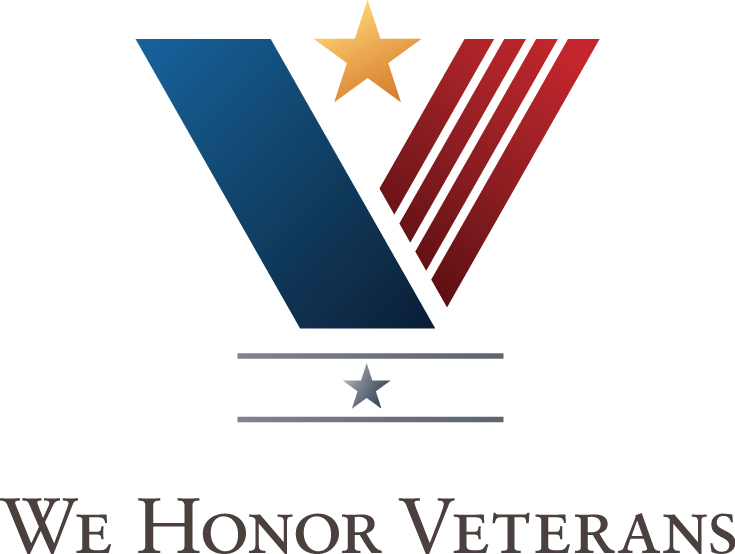 It may surprise many people to learn that 25 percent of those who die every year in the U.S. are veterans. The nation is seeing many of the veterans who served in World War II and Korea pass away, and the number of deaths of Vietnam veterans is beginning to rise.
It may surprise many people to learn that 25 percent of those who die every year in the U.S. are veterans. The nation is seeing many of the veterans who served in World War II and Korea pass away, and the number of deaths of Vietnam veterans is beginning to rise.
To help provide care and support that reflect the important contributions made by these men and women, Hospice Austin has become a national partner of
We Honor Veterans, a pioneering campaign developed
by the National Hospice and Palliative Care Organization
in collaboration with the Department of Veterans Affairs.
As a We Honor Veterans partner, Hospice Austin has implemented ongoing veteran-centered education for staff and volunteers to help improve the care they provide to veterans.
“By recognizing the unique needs of our nation’s veterans who are facing a life-limiting illness, Hospice Austin is better able to accompany and guide veterans and their families toward a more peaceful death,” said Hospice Austin Chaplain Supervisor Cameron Allen. He has led the effort to become a We Honor Veterans partner agency.
Hospice Austin has held several trainings for staff and volunteers. During the first training, nurses, social workers and chaplains talked about the differences they had noticed in caring for veterans. Often veterans tend to be stoic, so it can be more challenging to ascertain their physical, emotional, or spiritual pain; they may have unresolved issues about deaths of friends; navigating the VA system can be overwhelming; patients with dementia gravitate towards earlier memories; and different wars may generate different issues, both physical and emotional.
One WWII vet told his chaplain, “I’ve killed people, and I keep thinking about what their lives could have been.”
The resources of We Honor Veterans focus on respectful inquiry, compassionate listening, and grateful acknowledgment, coupled with education and training for staff caring for veterans.
Training staff and volunteers to recognize issues and opportunities and matching veterans with volunteers who are veterans can make a big difference.
Hospice Austin volunteer and veteran Jerry Adams recalled visiting with a patient at Hospice Austin’s Christopher House who was a veteran. The next time Jerry saw him, he brought him a lapel pin of a soldier carrying another fellow on his back.
“When I gave him the pin, his eyes got a little moist,” Jerry said. “It meant a lot, to both of us.”
Melinda Marble
Communications Coordinator






